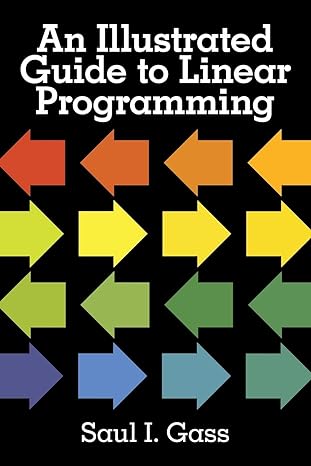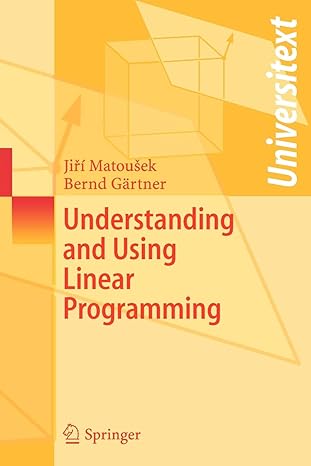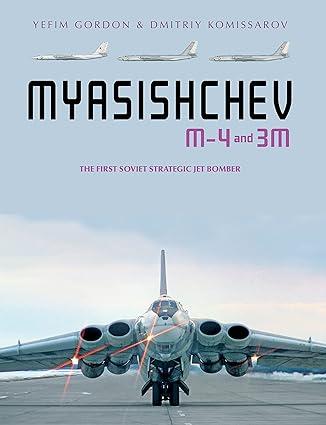Go back


An Illustrated Guide To Linear Programming(1st Edition)
Authors:
Dr. Saul I. Gass

Cover Type:Hardcover
Condition:Used
In Stock
Shipment time
Expected shipping within 2 DaysPopular items with books
Access to 30 Million+ solutions
Free ✝
Ask 50 Questions from expert
AI-Powered Answers
✝ 7 days-trial
Total Price:
$0
List Price: $6.86
Savings: $6.86(100%)
Solution Manual Includes
Access to 30 Million+ solutions
Ask 50 Questions from expert
AI-Powered Answers
24/7 Tutor Help
Detailed solutions for An Illustrated Guide To Linear Programming
Price:
$9.99
/month
Book details
ISBN: 0486262588, 978-0486262581
Book publisher: Dover Publications
Get your hands on the best-selling book An Illustrated Guide To Linear Programming 1st Edition for free. Feed your curiosity and let your imagination soar with the best stories coming out to you without hefty price tags. Browse SolutionInn to discover a treasure trove of fiction and non-fiction books where every page leads the reader to an undiscovered world. Start your literary adventure right away and also enjoy free shipping of these complimentary books to your door.
Book Summary: "I would not hesitate to recommend the book." — Industrial EngineeringLinear programming is an extremely effective problem-solving tool, with applications in business, agriculture, government, manufacturing, transportation, engineering, and many other areas. This very readable book presents an elementary introduction to linear programming in a refreshing, often humorous style.Requiring no math beyond high-school algebra, the book shows how linear programming can help anyone reach the optimum solution for a host of diverse problems. Chapter One introduces the basic concepts of linear programming and discusses its relationship to other mathematical models. Chapter Two discusses the formulation of linear-programming problems, including detailed treatment of problems involving diet, catering, assignment, and activity analysis. Chapter Three briefly introduces solution techniques for linear-programming problems, emphasizing the graphical approach. The final chapter describes and formulates a number of important applications, including network problems, traveling-salesman problems and the relationship between linear programming and the theory of games.Finally, a useful appendix offers precise statements of definitions, theorems and techniques, as well as additional computational procedures. Enlivened with over 70 excellent illustrations, this book represents a very accessible introduction to basic linear programming.
Customers also bought these books
Frequently Bought Together
Top Reviews for Books
Jason Gilbert
( 5 )
"Delivery was considerably fast, and the book I received was in a good condition."










